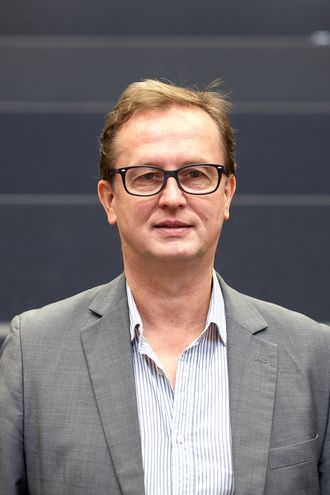Ernst Langthaler first graduated from the Pedagogical Academy Krems (teaching degree in mathematics and history in 1986) and worked as a secondary school teacher before studying history at the University of Vienna (MA 1995, PhD 2000). After collaborating in various research projects, including the Historical Commission of the Republic of Austria, he became a staff member of the Institute of Rural History in St. Pölten in 2002 and director in 2011.
An APART grant from the Austrian Academy of Sciences enabled him to complete his habilitation in economic and social history at the University of Vienna in 2010. He had visiting professorships at the Universities of Innsbruck and Vienna and a research fellowship at the Rachel Carson Center for Environment and Society in Munich. In 2016, he took up the Professorship of Social and Economic History at the Johannes Kepler University Linz.
He is a board member of the European Rural History Organisation (EURHO), a member of the Commission for Interdisciplinary Ecological Studies of the Austrian Academy of Sciences, and co-editor of the journals "Commodity Frontiers", "Austrian Journal of Historical Sciences", "Zeitgeschichte" and "Rural History Yearbook" as well as the book series "Sozial- und wirtschaftshistorische Studien", "Quellen und Forschungen zur Agrargeschichte" and "Agro-Food Studies".
His research interests include agricultural and food history, global and regional history, and historical theories and methods. His research projects dealt with agrarian society under National Socialism, forced labor during World War II, and family farming in industrial society. He is currently working on a history of globalization in the 20th century through the lens of soy.
 Go to JKU Homepage
Go to JKU Homepage



